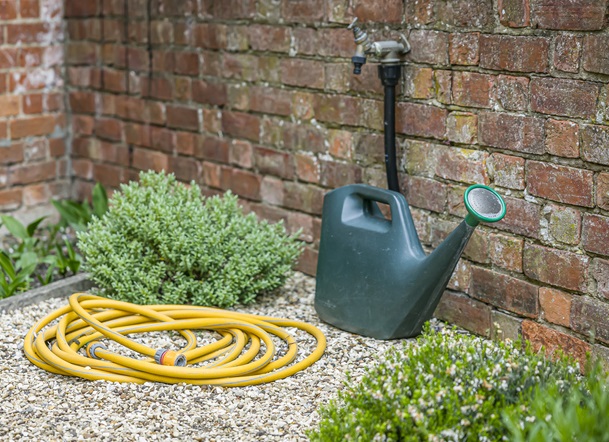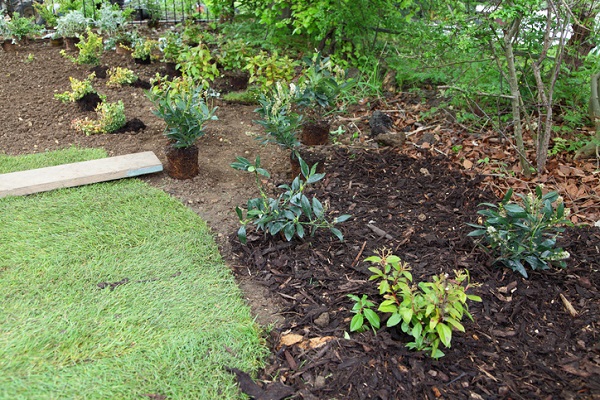Saving Water in the Garden
Reading time: 5 minutes
Why save water?
We know that saving water is a good thing, but what are the actual benefits? Firstly, saving money on your water bills makes this a no-brainer. In fact, any way of reducing how we waste water is going to be positive to keep household bills down, and this can be done fairly simply. There’s also the bigger picture. Saving water at home and in the garden reduces energy demand for water and wastewater treatment, which is beneficial to the environment.
Ways of saving water in the garden
Being more efficient with water doesn’t have to mean changing how you do things day to day. Even changing the time of day when you water the garden can make a difference. Waiting until the evening or dusk to water plants is ideal so water doesn’t evaporate in lower temperatures. Usually, you will only need to water the garden once a week, and a little more frequently in warmer months.
What is grey water?
One of the simplest ways to reduce wastewater is by using grey water. Grey water comes from general household use, such as bath and shower water, doing the washing up and water drained from washing machines. When collected, this can be used for watering the garden. If you’re concerned about detergents on grass and flower beds, most plants can filter these out so there’s little need to worry.
Rainwater Harvesting
Another method is water harvesting. While the amount of rain we get in the UK can be seen as a downside, it’s certainly useful for the garden. That’s why rainwater harvesting is such a great way of making the most of British weather. Using devices like water butts can make the most of rainfall that might normally go to waste. This way you can store water for later use such as watering the garden, flushing toilets or car cleaning.
What is good garden water management?
Water harvesting is a good way to make the most of rain as it falls, but for effective water management you need to look at how lawns and gardens are tended. By using methods of retaining water in the garden, you can reduce the need to frequently water it.
How do I make my garden need less water?
Another way of reducing how much watering is needed is to change the garden itself. Adding gravel and concreted areas to gardens can make a real difference to reducing water usage, and you don’t even need to do a major landscaping project. It can also be easier to look after a gravel garden.
But how do you choose which parts of the garden to add gravel or concrete to? Have a look at difficult areas, such as corners that don’t get much light, or patchy sections of the lawn. You can also divide a section of a lawn off to create more variation and character to the garden. Adding potted plants means that you don’t have to sacrifice the greenery completely.
When it comes to plants, you can choose varieties that are better suited to drier conditions and need less water than other types of plants and flowers. Varieties of the hardy gorse, as well as plants from the Mediterranean are ideal for growing in drier environments.
There are many ways to make your household more efficient, and you can find out more with our home maintenance and garden advice.
Disclaimer: The information contained on this page is intended as an overall introduction and is not intended as specific advice from a qualified professional. Travis Perkins aims to avoid, but accepts no liability, in the case that any information stated is out of date.












